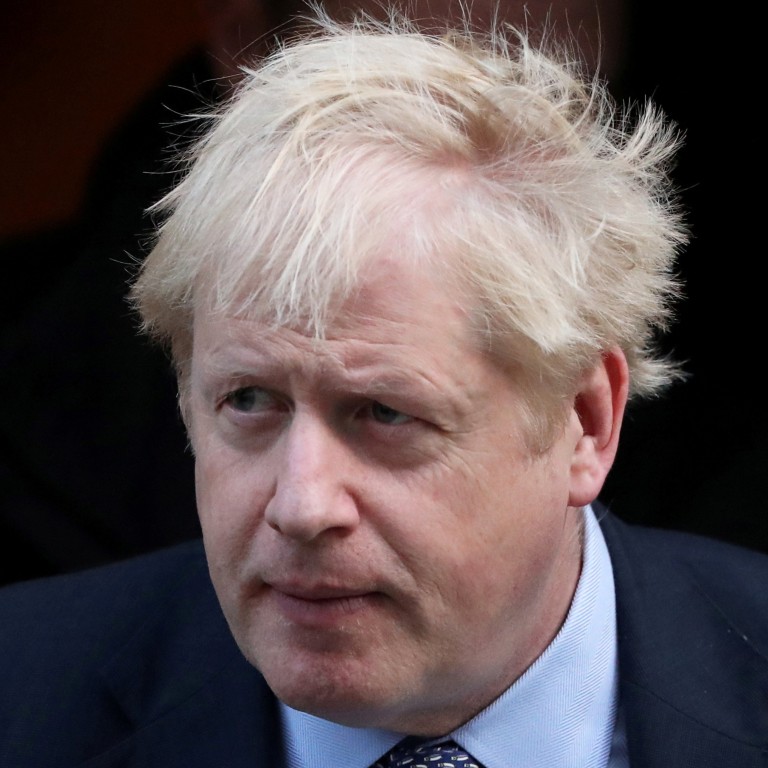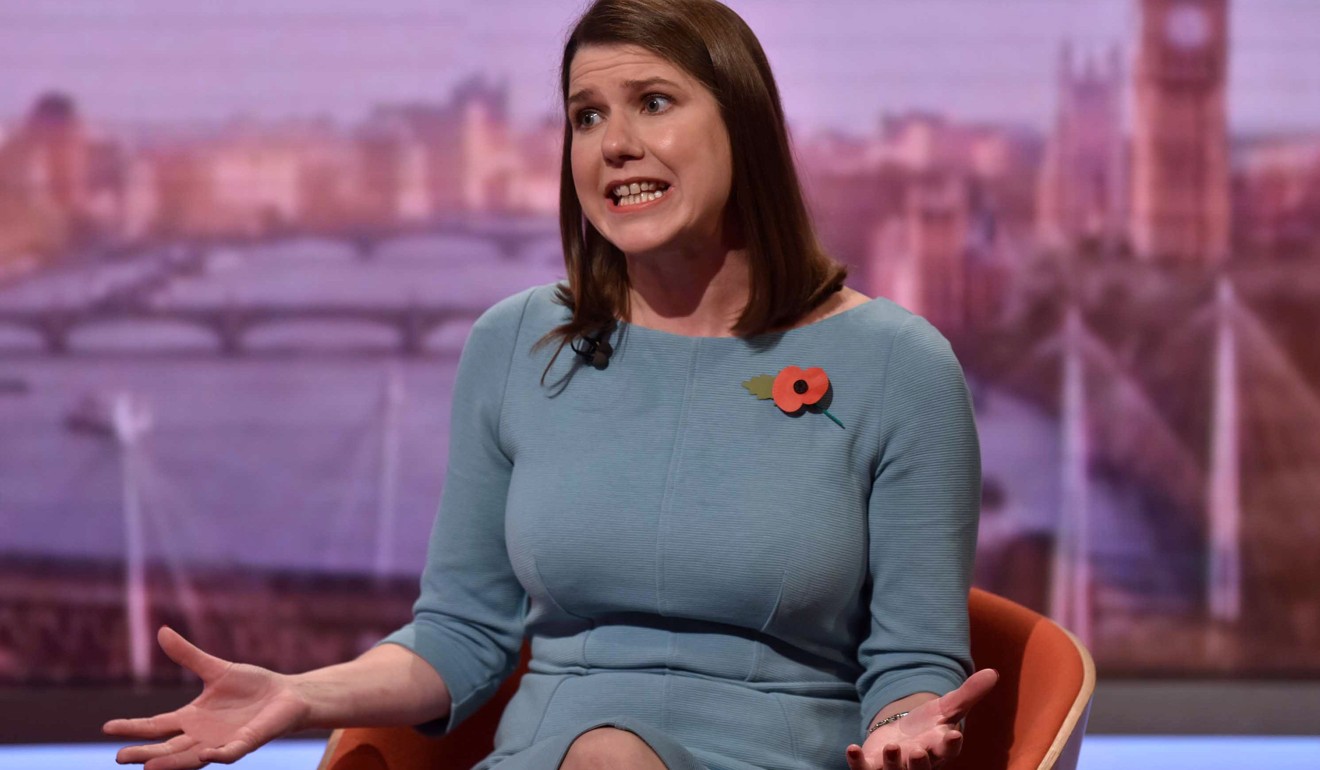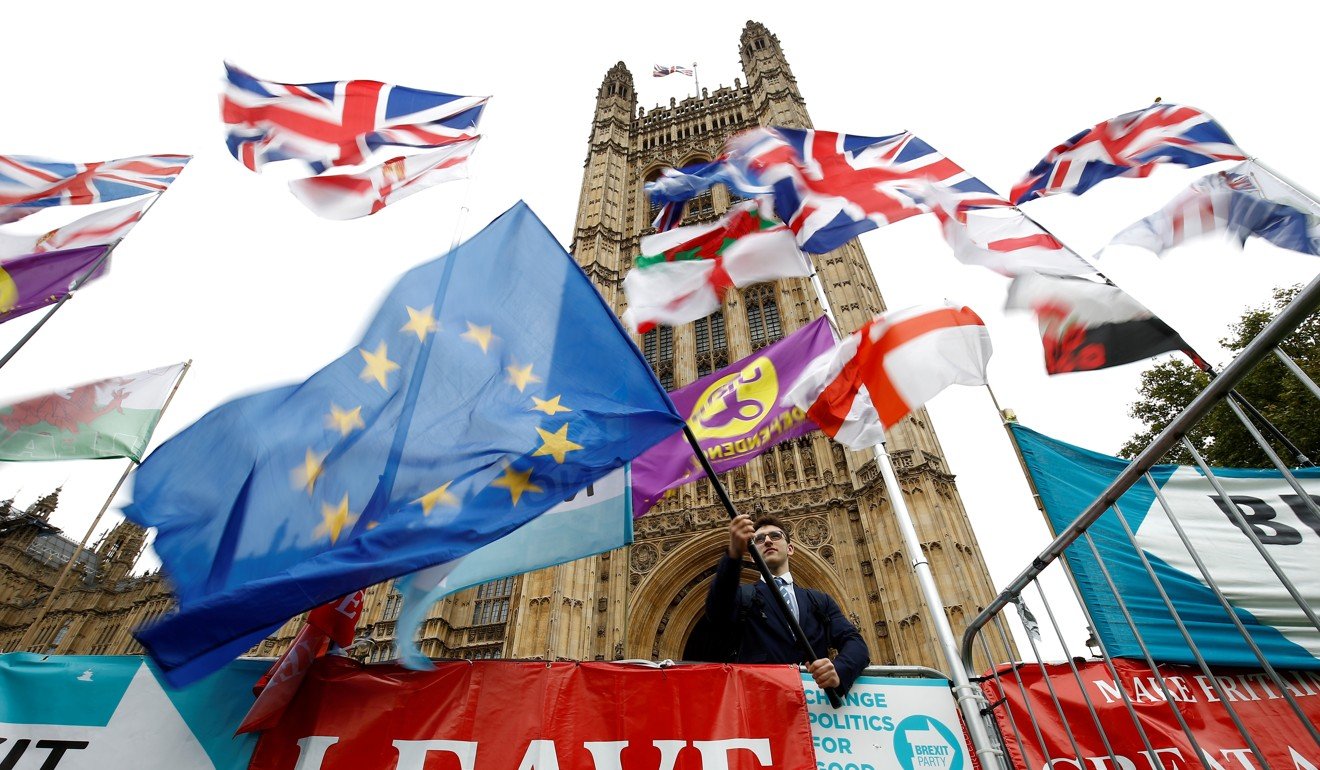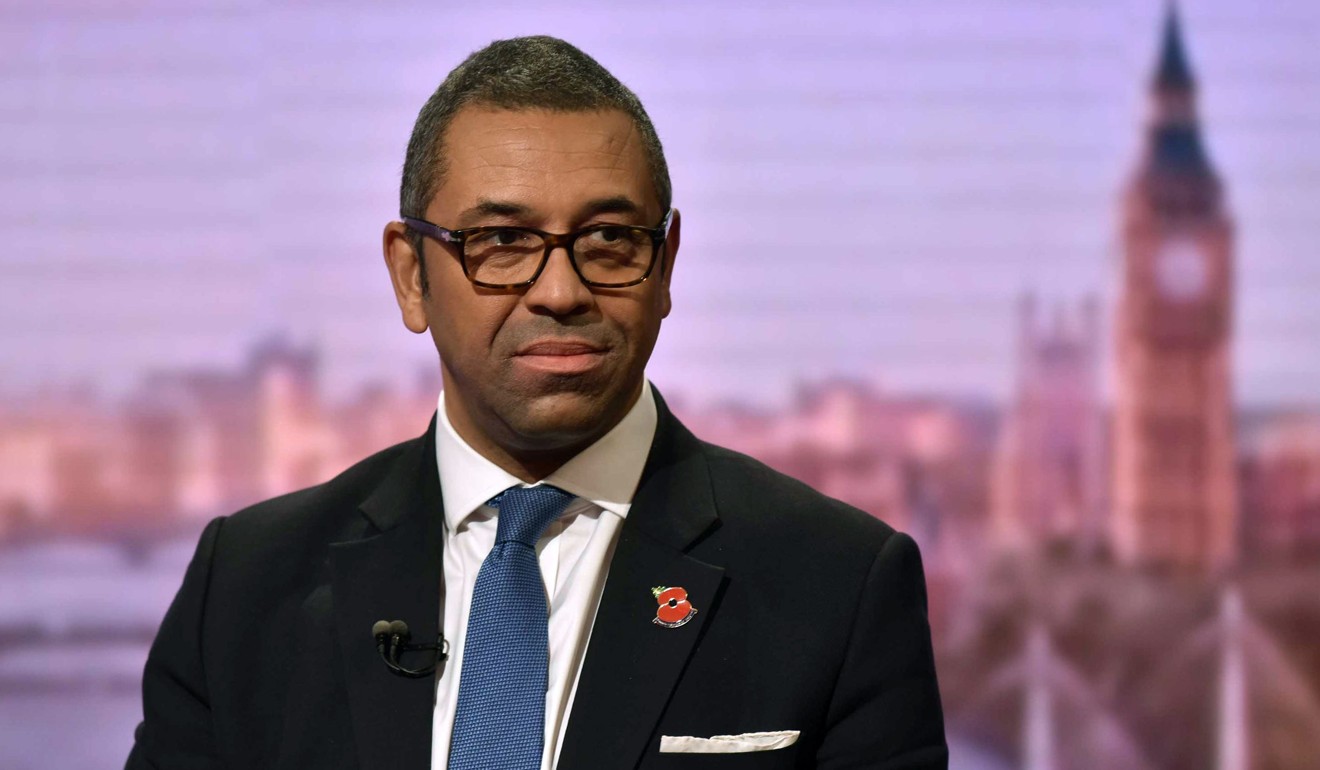
Brexit gamble: Boris Johnson could get his snap election – and earlier than expected
- Two opposition parties have made proposal to hold polls on December 9 – three days ahead of date preferred by prime minister
- Plan would allow Johnson to get around Labour opposition to early election, but new date means he would not be able to deliver Brexit in time for polls
Britain could be edging closer to December polls despite the main opposition Labour Party making clear it will not back Boris Johnson’s bid for an early election.
Sources at No 10 say there is tentative support from Downing Street for a plan by the pro-EU Liberal Democrats and Scottish National Party to secure an election on December 9 – three days earlier than the date put forward by the prime minister – via a law requiring only a simple majority in parliament.
Bringing forward the polls would force Johnson to delay debate in parliament on his Brexit withdrawal bill until after any election, depriving him of a possible victory on his trademark issue going into the campaign.
This would mean Johnson’s government having to choose between holding an election to improve its position in parliament and its goal of securing Brexit before that election takes place.

“The challenge is absolutely on [the prime minister], because if he is serious about wanting an election and if he’s genuine about having an election before Christmas, then he can back this bill,” Liberal Democrat leader Jo Swinson told the BBC on Sunday.
The formal proposal was earlier dismissed by the Tory party chair, James Cleverly, as a “gimmick”. However, No 10 sources subsequently said that if MPs reject a government motion to seek an election under the Fixed-term Parliaments Act (FTPA) for a third time on Monday, then Johnson could eventually be forced to explore a similar route to the Lib Dem plan.
FTPA election motions require at least two-thirds of MPs to support them, giving Labour an effective veto on the process. In contrast, calling an election via an amendment to the FTPA, or a separate one-line act, would need only a straightforward majority in the Commons.
How would a no-deal Brexit impact British Overseas Territories?
Both the Lib Dems and SNP stand to gain from an election conducted before Brexit is delivered, while their plan to bring forward the poll date to December 9 from December 12 increases the chances that students – considered to be among the most pro-EU voters – will still be at their universities to cast ballots.
Liberal Democrat MP Chuka Umunna said the party made the move because it had become “highly unlikely” that the current parliament would vote for holding a second referendum on leaving the trading bloc. The party has pledged to block Brexit if elected, though they currently hold just 19 seats in the House of Commons.
While the route to an election via a simple majority likely has some appeal to the government, the risk lies in any amendments MPs seek to attach to the law.
Swinson tried to assuage those concerns, telling the BBC the party realised “time pressure” meant it could not pursue its other goals – including lowering the voting age from 18 – via its proposed bill.

Labour, which has been criticised by some of its MPs for not matching the Liberal Democrats’ full-throated opposition to Brexit, ruled out backing the election proposal, calling it “entirely ridiculous”.
The Downing Street source said: “If Labour oppose being held to account by the people yet again then we will look at all options to get Brexit done, including ideas similar to that proposed by other opposition parties.”
The route is nonetheless by no means clear. The Lib Dem-led plan, set out by Swinson on Sunday, would involve Johnson ditching any attempts to push his Withdrawal Agreement Bill through parliament before an election, something the government has rejected.
If it later became clear that the bill had stalled, then Downing Street could agree to an election without it, which could win the backing of enough opposition MPs to pass.
Sick of Brexit, Scotland’s leader vows to hold new independence vote
The timetable would be extremely tight. Given the legally mandated five-week delay between the dissolution of parliament and an election, a plan would need to be in place in little more than a week to hold a poll on December 12, the government’s preferred choice.
There could also be some jitters within the Lib Dems about giving up on a second referendum.
The change of stance has prompted agitation in the People’s Vote campaign, to which several Lib Dem MPs are allied, with some understood to be not entirely happy at the move.
But one senior Lib Dem said there seemed to be no option: “We would prefer a People’s Vote, but Labour have consistently failed to deliver enough troops to win that fight, and with 19 Labour MPs voting for Johnson’s Brexit bill, we can’t wait around till Labour get their act together, if they ever will.”

The government has so far avoided seeking an election via a bill because these can be amended, with MPs potentially imposing conditions such as votes for 16- or 17-year-olds, or allowing EU nationals to vote in general elections.
The Downing Street hope would be that if Johnson gave categoric assurances about a fixed election date, thus ruling out the possibility of a drift into a no-deal Brexit, the opposition parties would pledge not to table any amendments.
However, the near-complete lack of trust between the factions in the Commons could still scupper such a plan.
The immediate focus will be in the Commons on Monday afternoon, where Johnson will challenge Labour to support an election via the FTPA motion.
The shadow home secretary, Diane Abbott, said only a promise from Johnson to MPs would suffice.
Will Britain run out of toilet paper after Brexit? MPs seek answers
“He could come to parliament and categorically give parliament an undertaking that he’s not going to come out without a deal,” she told BBC One’s The Andrew Marr Show.
While Abbott said she would welcome a campaign – “We have over half a million members and they want an election” – the sentiment is not unanimous in the party, with many MPs and a number of shadow ministers wary about agreeing to an election, given recent polls showing the Conservatives taking a lead of up to 16 per cent.
One senior MP said Labour’s coherence on the issue could be tested if the EU agreed to a January 31 extension. “I get the impression we have quite a unified position as things stand. If the EU granted a long extension, that may change,” they said.
Additional reporting by Associated Press and Bloomberg

